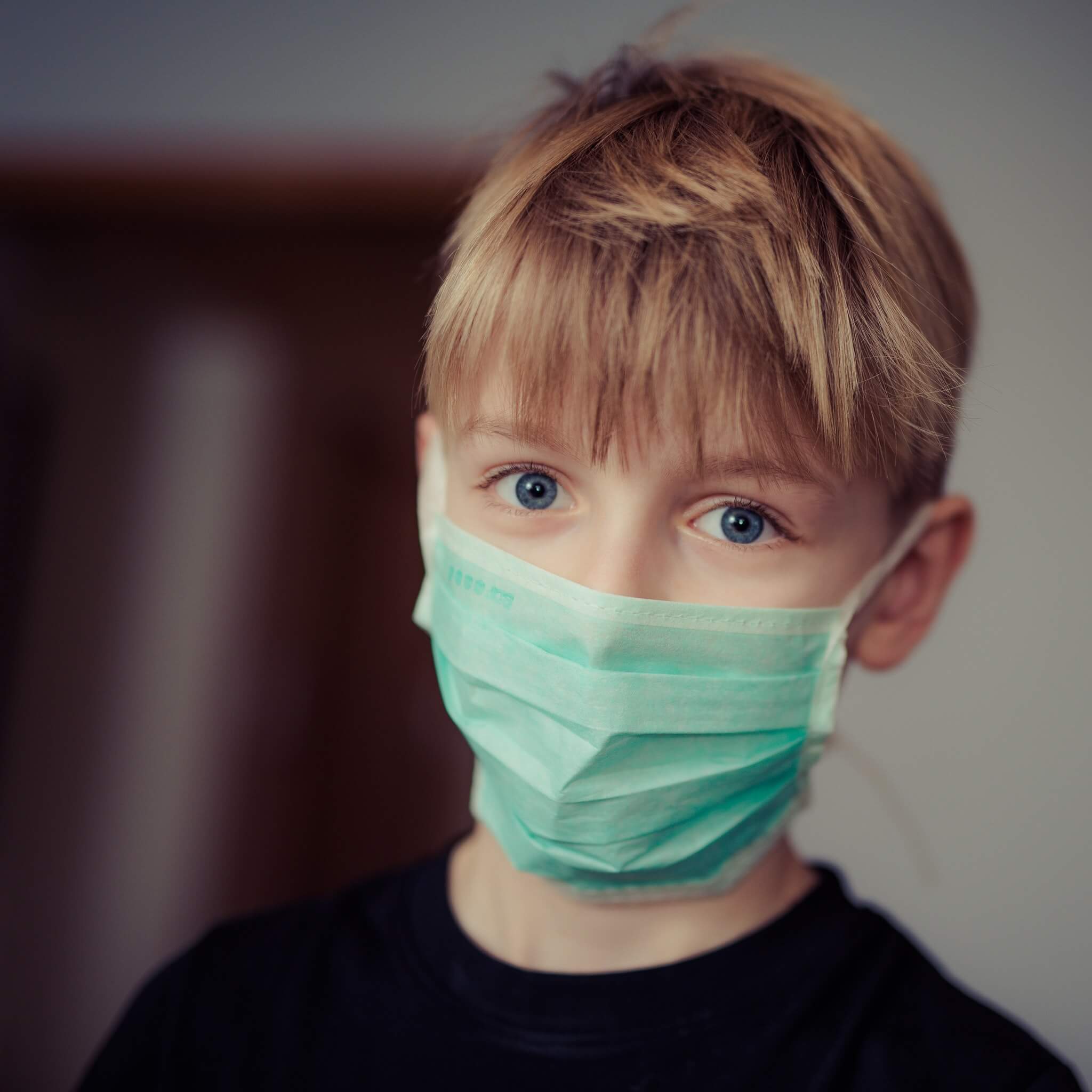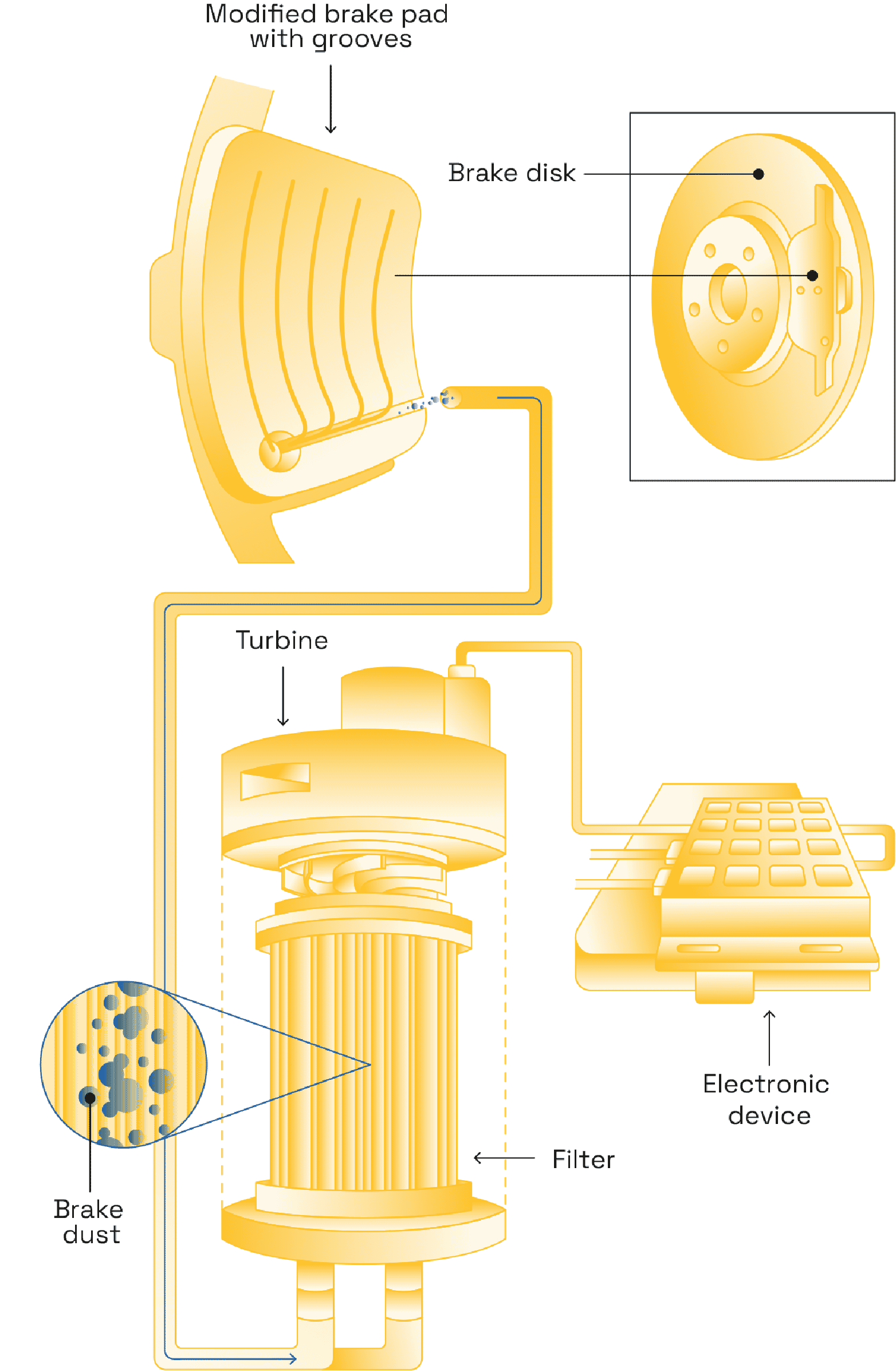How does pollution affect human health?


A factor in serious diseases
The effects of air pollution on health are well understood. Scientific studies have shown that they compromise the human immune system. As a result, the body undergoes oxidative stress* and a systemic inflammatory response** is created, which may increase the risk of other diseases. These include:
- Respiratory conditions such as pharyngitis, asthma, chronic bronchitis and pneumonia.
- Lung cancer: 17% of deaths can be attributed to air pollution.
- Cardio-vascular diseases: air pollution is responsible for a lack of sufficient oxygen being provided to the heart muscles, which leads to diseases such as arrhythmia, arterial hypertension, cardiac arrest and thrombosis.
- Neurodegenerative diseases: air pollution also has a disastrous effect on brain health. The risk of neurodegenerative diseases, in particular Alzheimer’s and Parkinson’s, is accentuated by exposure to fine particles generated by magnetic friction.
- Reproduction and development issues in children such as infertility, miscarriage, stunted foetal growth and low birthweight babies, learning difficulties, and so on.
Every year, atmospheric pollution and fine particles cause 40,000 premature deaths in France and 238,000 deaths in Europe. Harvard researchers believe that this figure should be re-evaluated, and would attribute nearly 100,000 premature deaths in France per year to outdoor air pollution caused by fossil fuels.
Indirect effects of pollution on human health
Atmospheric pollution is harmful to the earth’s ecosystems, both on land and in the sea. In 2020, harmful levels of nitrogen deposits were observed in 75% of the total surface area of EU ecosystems. Fine particles end up in runoff waters, then flow into our rivers and oceans. They also attach themselves to plants and are then swallowed by animals. Air pollution disrupts ecosystems, destabilises the food chain and impacts our daily diet, and therefore our health. That’s why it is so important to find measures to reduce it. It’s a matter of saving human lives.
* Oxidative stress occurs when a cell can no longer manage the excessive presence of toxic molecules, mainly from cellular respiration and free radicals. They can damage cells and DNA.
** The systemic inflammatory response syndrome is a set of symptoms occurring in response to an attack on the body during infectious shock, severe trauma, extensive burns, pancreatitis, and so on. It is the most common cause of respiratory distress syndrome in adults.






